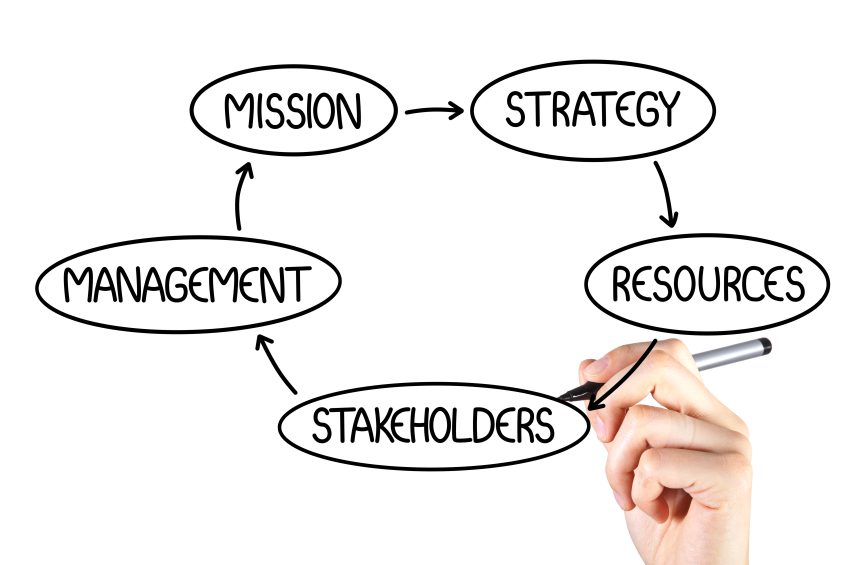Just Saying NO! persuades no one
By John Kananghinis
Sometimes it is necessary for those in business to convince policy makers of the merits, or otherwise, of a proposed course of action.
It may well be that the natural business reaction in a particular case is to ‘just tell them no’. No, your idea will not make things better. No, your new policy will not create jobs. No, it is not more efficient. No, it will not fix a perceived problem.
The trouble is if the policy makers have invested political capital in effecting change just saying no is what they expect from vested interests. The bare facts of the matter will not necessarily carry the day. What may be required is an appreciation of where the policy makers are coming from and a more nuanced approach that may result in a policy outcome that avoids the worst potential outcomes of a new proposal.
This is basic human nature. Attack generates defence. A consultation that accepts some need for change, which highlights the pitfalls and then goes on to suggest solutions, is far more likely to get a hearing.
When governments talk of ‘reform’ one thing is certain, there will be changes. They have staked their political futures on it. The task for impacted businesses is, with the benefit of their deep industry knowledge, to highlight areas of unintended consequence and difficulty, and to seek a seat at the table that works on balancing the reform with relative stability.
Of course it may be that business wants the ‘reform’ in question, then it is even more important to be part of the process and not a spectator.
The skills required will be to know what to say to whom, when and how to say it. That is what true ‘lobbying’ is all about. Threats, deals and calling on old friendships don’t and shouldn’t work in a transparent democracy. Reasoned representations that help policy makers see the real-world impacts of their actions, and suggesting how those impacts can be as positive as possible, do.
ICG and its affiliates can offer decades of experience in working with businesses seeking to communicate and consult with State and Federal Governments on policy reforms and regulatory changes. That experience allows for the development of strategies that engage rather than alienate, strategies that increase the chances of a better outcome.


